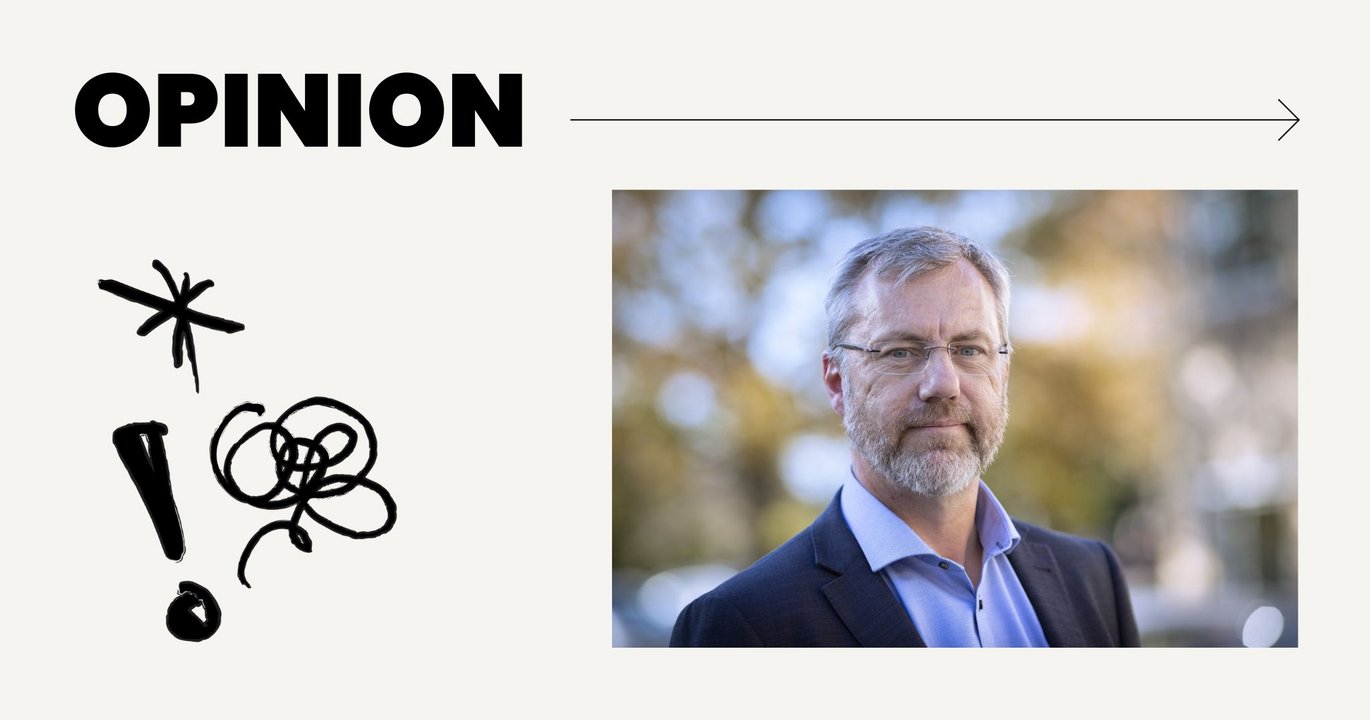OPINION: Vice-dean: We must safeguard the free movement of research – PET’s campaign will not change this
We must do everything we can to prevent adversary states gaining access to the research and advice on which the Danish government and parliament base their decisions. But, at the same time, we must safeguard the free movement of research. PET’s campaign will not change this, writes vice-dean Brian Vinter in his reply to an opinion piece published in Omnibus.

This is an opinion piece. The views expressed, are those of the author.
Brian Vinter is vice-dean for research at Faculty of Technical Sciences
In an opinion piece in Omnibus, three researchers from the Cryptography and Security Group at the Department of Computer Science express their concern about PET’s security campaign at Danish universities. They are worried that having to perform security checks on future members of academic staff will place undue strain on the university’s resources. They are also concerned that the campaign undermines the fundamental principles of open access; that research should be freely disseminated and create value across borders, disciplines and political lines.
Universities are facing a new geopolitical reality that brings with it new responsibilities and dilemmas. We must do everything we can to prevent adversary states gaining access to the research and advice on which the Danish government and parliament base their decisions. But, at the same time, we must safeguard the free movement of research. PET’s campaign will not change this.
Our starting point is that researchers are fully entitled to publish their results – though within the limitations inherent in collaborating with companies or working with data governed by GDPR legislation.
This means that AU has to perform specific tasks, including screening potential members of staff and updating our security procedures in connection with work-related travel. I addressed these issues in a previous Omnibus article and, in the same piece, I stressed that it is not the university’s job to catch spies. But we cannot escape the fact that the individual research director, researcher or programme director will have a job to perform when recruiting new employees. Because the expertise this AU representative brings to the recruitment process is indispensable. If we leave the entire responsibility to PET or an administrative system, we will most likely encounter too much restriction in our recruitment – and the university will lose out. Not just in terms of research talent but also in terms of developing our research environments.
We therefore need to find a balance that ensures we can protect our employees and values without our workload becoming unreasonable. We must also recognise that these extra tasks are not distributed equally across disciplines.
During the autumn, AU will roll out the new guidelines for international research and innovation collaboration – known as the URIS guidelines – which researchers will have to comply with. In addition to protecting research, these guidelines will also help to safeguard freedom of research for staff and students.
Our goal is to find a balance so that researchers and the university can work as openly as possible and as securely as necessary, as PET states in the report 'Er jeres forskning i fare?'.

